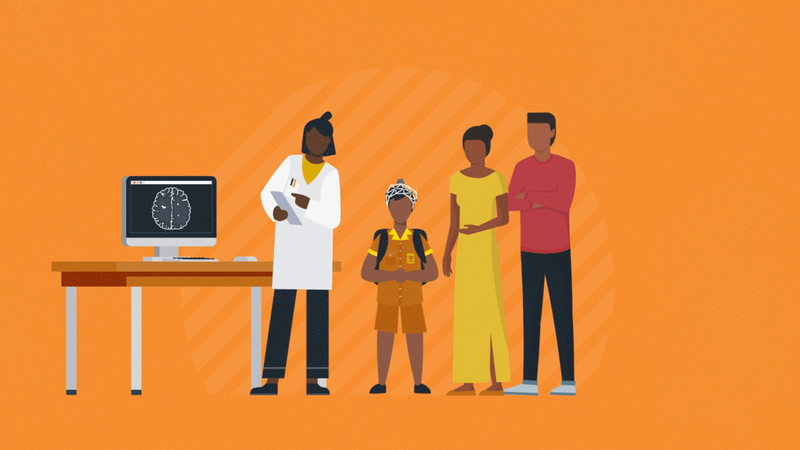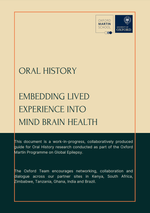A journey into epilepsy research with Professor Arjune Sen
Arjune Sen, Professor of Global Epilepsy, Founding Director of the Centre for Global Epilepsy and Director of the Oxford Martin Programme on Global Epilepsy, talks to Head of the Nuffield Department of Clinical Neurosciences Professor Kevin Talbot about his career so far, the challenges of working in global health and his next steps in epilepsy research on Purple Day.




